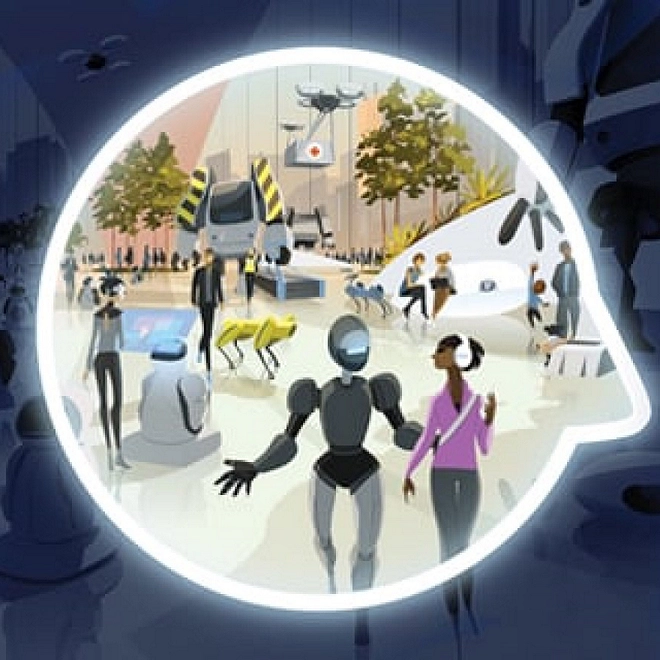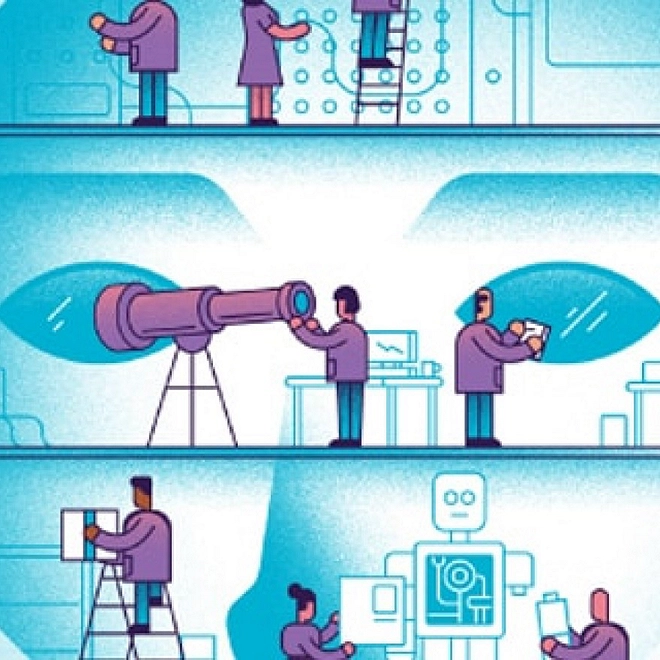The postgenerational workforce
From millennials to perennials
As with most countries, organisations in South Africa have leaned heavily on workers’ age and generation to segment employees. In an environment where there are 5 generations in the workplace, it is therefore important to consider other elements/attributes for segmentation.
Current drivers
For many years, age and generation have been popular lenses through which many organisations have viewed their workforce. In South Africa 48 percent of this year’s survey respondents consider generational differences to some or a great extent when designing and delivering workforce programs. But as the workforce grows more complex, generational differences may not be the right anchor point. Only 5 percent of our South African survey respondents strongly agree that their leaders are equipped to lead a multigenerational workforce effectively. This raises the question of whether traditional workforce segmentation approaches, anchored in generation, should remain the focus of future workforce strategies
The readiness gap
The starting point is that careers have become more dynamic and complex, loosening the historic correlation between age and career progression. Rapid technological and organisational change means that workers must now reinvent themselves multiple times throughout their working lives; at the same time, the broader business culture has shifted to make it acceptable, sometimes even desirable, to promote younger individuals into leadership positions.
Compounding the diminishing relevance of generation is the fact that the generation that has been the greatest beneficiary of a generational focus—millennials—is often not happy at work. The external Deloitte Global Millennial Survey 2019 found that 53 percent of millennials in South Africa surveyed say they would quit their current job in the next two years if given the choice—the highest share in the survey’s history. Their reasons for wanting to quit ran the gamut of human capital focus areas.
Developing talent strategies to suit workers’ needs will involve more deeply understanding workers’ individual expectations. This entails gaining complex insights into the workforce.
This post generational approach holds the potential for organisations to meet workers’ needs and expectations in ways that are more meaningful to them and more beneficial to the enterprise, paying ongoing dividends in enhanced engagement and performance.



